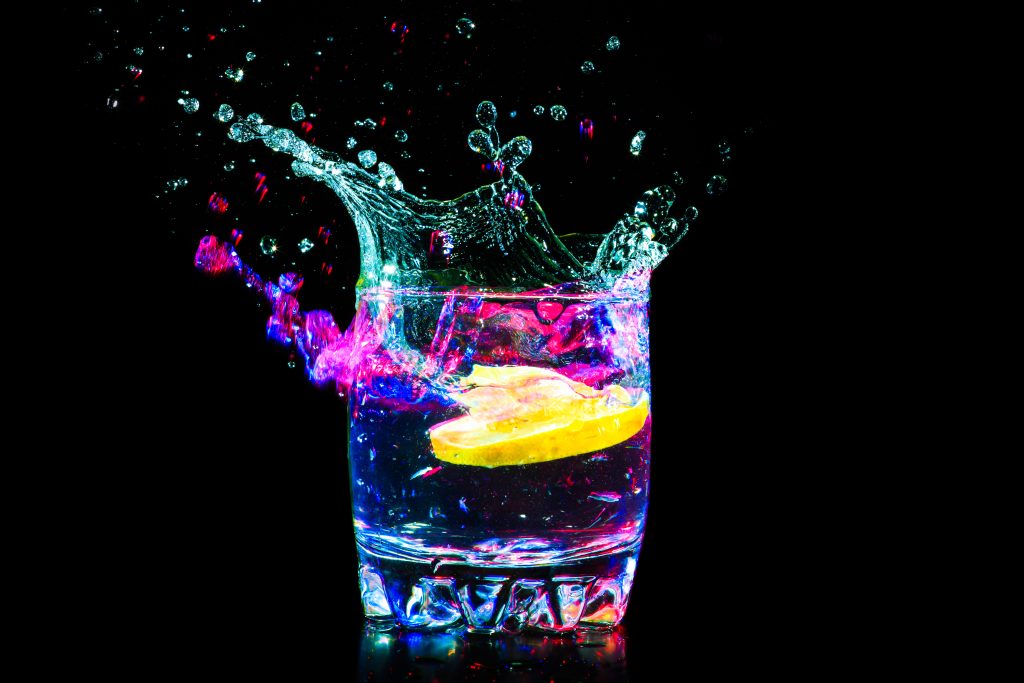- The beverage industry is growing quickly, but environmental concerns like plastic waste and excessive water usage come with it.
- Businesses should focus on reducing their carbon footprint, water usage, and reliance on crops that involve deforestation.
- Going green offers advantages like cost reduction, improved brand image, and reduced waste management costs.
- Sustainable production can lead to increased productivity and quality products.
- To become more sustainable, businesses should reduce plastics, manage energy and water efficiently, and adopt eco-friendly practices.
As consumers become more environmentally conscious, businesses must take steps toward sustainability to stay relevant and successful. The beverage industry, in particular, has many environmental concerns that can negatively impact the planet and its long-term viability. Here’s what you need to know about how the industry affects the environment and how to deal with it with your business.
The Beverage Industry Today
The beverage industry is fast-growing as more and more people gain access to it. It’s now estimated to be worth $222 billion, with the global industry projected to grow. However, this growth comes at an environmental cost. From plastic packaging to energy-intensive production processes, the industry has a range of negative impacts on the planet.
Plastic Waste
The beverage industry is one of the largest producers of single-use plastic waste, which harms the environment. Consumers demand more eco-friendly products and packaging options, and businesses must find environmentally safe and sustainable alternatives.
Water Usage
Beverage production requires significant water – from growing crops to processing ingredients. This high level of water usage may contribute to water scarcity and damage ecosystems. There should be a focus on reducing water usage and finding ways to reuse and recycle wastewater.
Carbon Footprint
The production, transportation, and disposal of beverages contribute to a significant carbon footprint. Businesses need to take steps toward reducing their carbon emissions by transitioning to renewable energy sources, decreasing packaging materials, and investing in more efficient transportation methods.
Deforestation

The beverage industry heavily relies on agricultural production, including crops such as coffee and tea, which can lead to deforestation. Deforestation can lead to biodiversity loss, soil erosion and adversely affect the local community. Businesses should look to reduce their reliance on crops that require deforestation or invest in reforestation efforts.
Chemical Runoff
Beverage agriculture involves chemical treatments to manage pests and diseases, but these substances can lead to chemical runoff. This runoff can contaminate local water sources and harm aquatic life and human health. Businesses must follow eco-friendly agricultural practices that minimize their chemical footprint.
The Advantages of Sustainable Production
There are various advantages of having sustainable production in the industry. Here are some of them:
Cost Reduction
One of the most essential advantages of sustainable production is cost reduction. Eco-friendly processes help reduce energy, water, and material consumption, decreasing operational costs.
Improved Brand Image

Going green can have a positive impact on the brand image and reputation. Consumers are becoming more conscious of environmental footprints and want to support brands that take sustainability seriously. Adopting sustainable practices will set you apart from your competitors and attract new customers.
Reduction In Waste Management Costs
Using eco-friendly materials and reducing waste can significantly help businesses reduce waste management costs. Reusing packaging materials or investing in recyclable options can be more cost-effective than traditional methods.
Increased Productivity & Quality
Sustainable production helps increase productivity by streamlining operations and utilizing resources more efficiently. It also helps to create better quality products, as sustainable production methods lead to less waste and higher-quality output.
How to Get Started
Now you know the advantages of being sustainable. Here are some of them:
Reduce Plastics
Reducing plastics is one of the best ways to be sustainable in the industry, and you can do so by recycling bottle caps in your bottles. You can do so by using attachable caps for your bottles. These caps make it hard to remove from the bottle so it won’t be lost. You can start by contacting a local bottle cap machine manufacturing company. They can sell you a machine unique to your needs at an affordable rate.
Energy & Water Management
Investing in energy-efficient equipment and eco-friendly technologies can reduce your carbon footprint and water usage. This will help you save money on electricity costs while also helping to reduce your environmental impact. Additionally, you should focus on using recycled or reclaimed materials, which are often more cost-effective than buying new materials.
Adopt Sustainable Practices
Finally, businesses must adopt sustainable practices and promote their commitment to sustainability. Consider implementing a recycling program or highlighting your efforts to use sustainable packaging materials or energy-saving strategies. You could even sponsor events focusing on the environment or invest in research to improve the industry’s sustainability practices.
The beverage industry has a range of environmental challenges that need to be addressed to remain viable and profitable. Businesses must take steps towards sustainability in various ways. There are many advantages to adopting sustainable practices, including cost reduction and improved brand image. Taking these steps will help ensure that the beverage industry remains successful in the long run.



